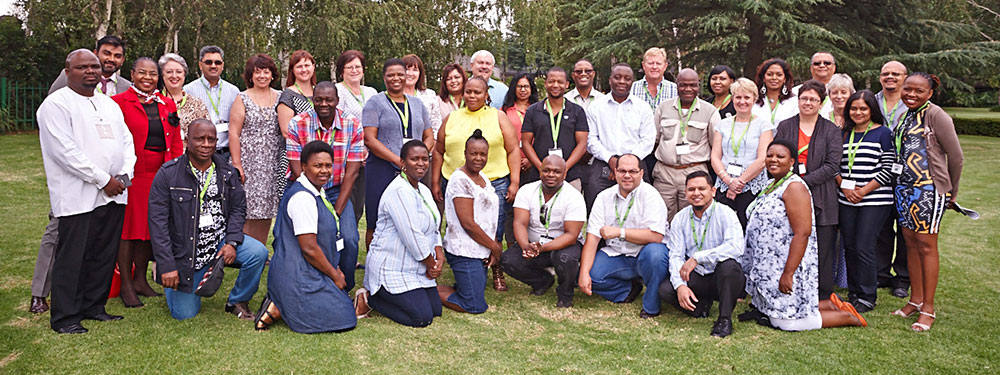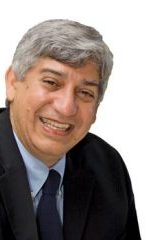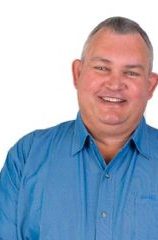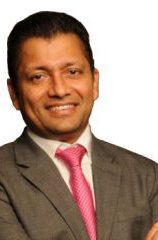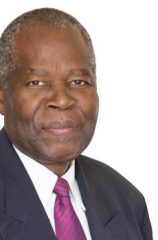The launch of HESA was in part driven by the restructuring of the higher education sector, which resulted in the establishment of new institutional types, and the need for a strong, unified body of leadership. HESA officially transformed into USAf on 22 July 2015.
The organisationís primary mandate is to support its 26 members in the achievement of their core functions of teaching and learning, research and community engagement, and to create an environment where universities can thrive and prosper, and contribute effectively to South Africaís development.
USAf supports member institutions through work undertaken by Strategy Groups and Communities of Practice. These structures are formed around specific priorities and functions in the university sector. Strategy Groups take a lead on universitiesí most strategic concerns and advise the Board on key initiatives to be undertaken in pursuit of specific goals. They regularly engage with relevant government departments and other organisations. USAf has four such groups, each chaired by a vice-chancellor.
Communities of Practice (CoPs) facilitate inter-institutional collaboration. CoPs provide platforms for sharing information and good practices, for discussing issues of mutual interest or concern and finding solutions collectively. USAf co-ordinates eight CoPs made up of professional academics and specialists in various disciplines. The Community of Practice for the Teaching of African Languages (CoPAL) is one of those eight groups. Another example is the CoP for the Teaching and Learning of Mathematics (TLM CoP).
The Community of Practice for the Teaching of African Languages (CoPAL) meets three times a year to promote and strengthen the teaching and learning of African Languages in public universities in South Africa by, among other activities:
- Actively contributing to the review of the current national language policy which should include a high-level assessment of its implementation to date and the reasons for difficulties.
- Actively contributing to the development of national, time-bound implementation plans for the reviewed policy.
- Contributing to and participating in the development of a national terminology framework and strategy to promote the use of African Languages.
- Benchmarking, developing, advocating and sharing good practices and relevant information needed to advance the teaching of African Languages in schools, by contributing to teacher training initiatives for African Languages and to the development of approaches to the teaching of African Languages that use African Languages in the teaching process.
The CoP for the Teaching and Learning of Mathematics (TLM CoP), which also meets three times a year, seeks to promote and strengthen the teaching and learning of Mathematics in public universities in South Africa by, inter alia:
- Developing and recommending strategies for the sector to ensure improved access and success in the teaching and learning of Mathematics, thus contributing directly to the transformation needs of South Africa.
- Providing a shared, common platform from which successful initiatives may be disseminated.
- Providing a shared, common platform from which to enhance and facilitate collaboration between and amongst universities.
- Supporting academics and relevant other university staff members through building collegial relationships and developing capacity.
- Exploring the development of a diagnostic instrument to identify deficiencies in beginner studentsí Mathematics to plan individual remediation.
Higher Education Leadership and Management (programme)
USAf offers a leadership and management training programme called HELM (Higher Education Leadership and Management). HELM is aimed at professionals in middle management positions (academic and nonacademic) within the university sector who exhibit management and leadership potential. HELM builds the capacity of its candidates for the benefit of all the 26 member universities.
The objectives of HELM are to:
- Enhance the leadership and management competence of middle management staff members;
- Expand the pool from which senior leaders and managers could be drawn;
- Contribute to the transformation of existing leadership and management staff profiles; and
- Contribute to improved effective leadership and management practices.
As part of a broad programme of Internationalisation of Higher Education, on 17 September 2013 USAf signed an agreement for academic cooperation with the German Rectorsí Conference, known as HRK. This accord, aimed at promoting SA-German co-operation in the areas of teaching and learning, research and development, exchange of students, academic staff and researchers, and placement of doctoral students, was a direct outcome of the German-South African Year of Science 2012 ñ 2013.
Following a series of periodic engagements between the two associations during 2013 & 2014, a matchmaking conference was held at the Durban University of Technology (DUT) in May 2015, at which South African and German researchers exchanged information on broad research areas identified by the two countries in 2014 as strategic priorities, and to develop new mechanisms for co-operation in scientific and research projects.
